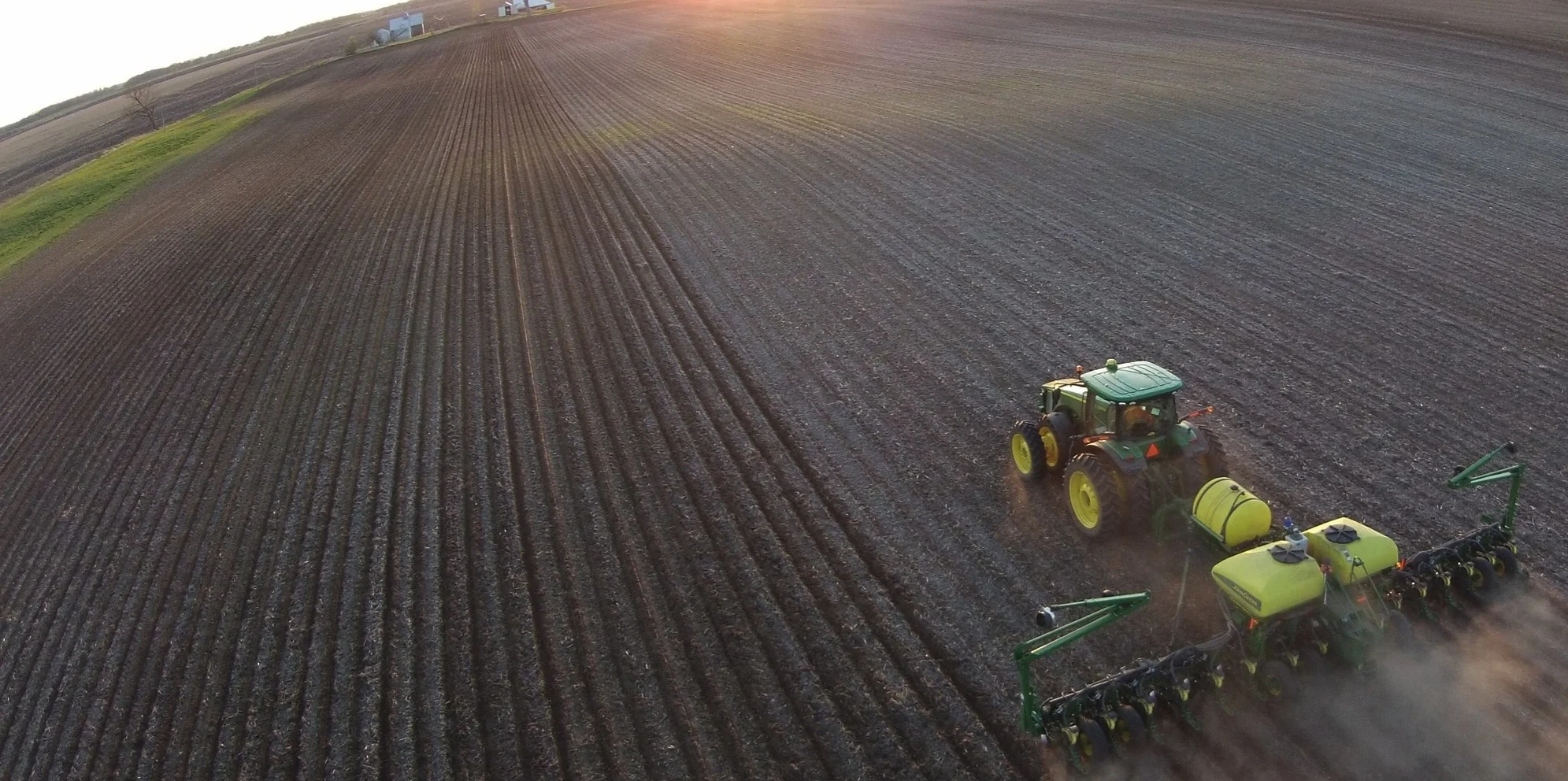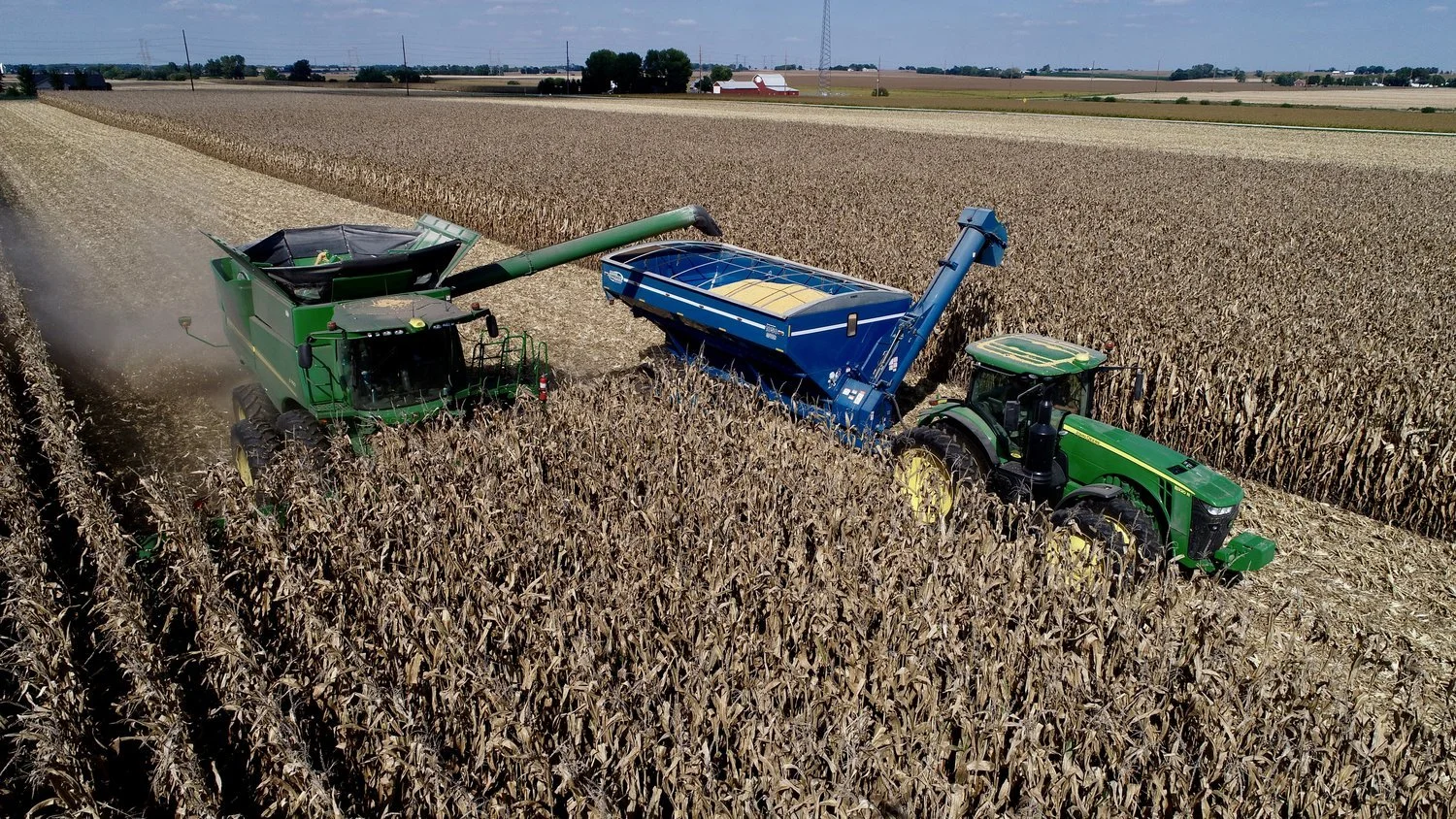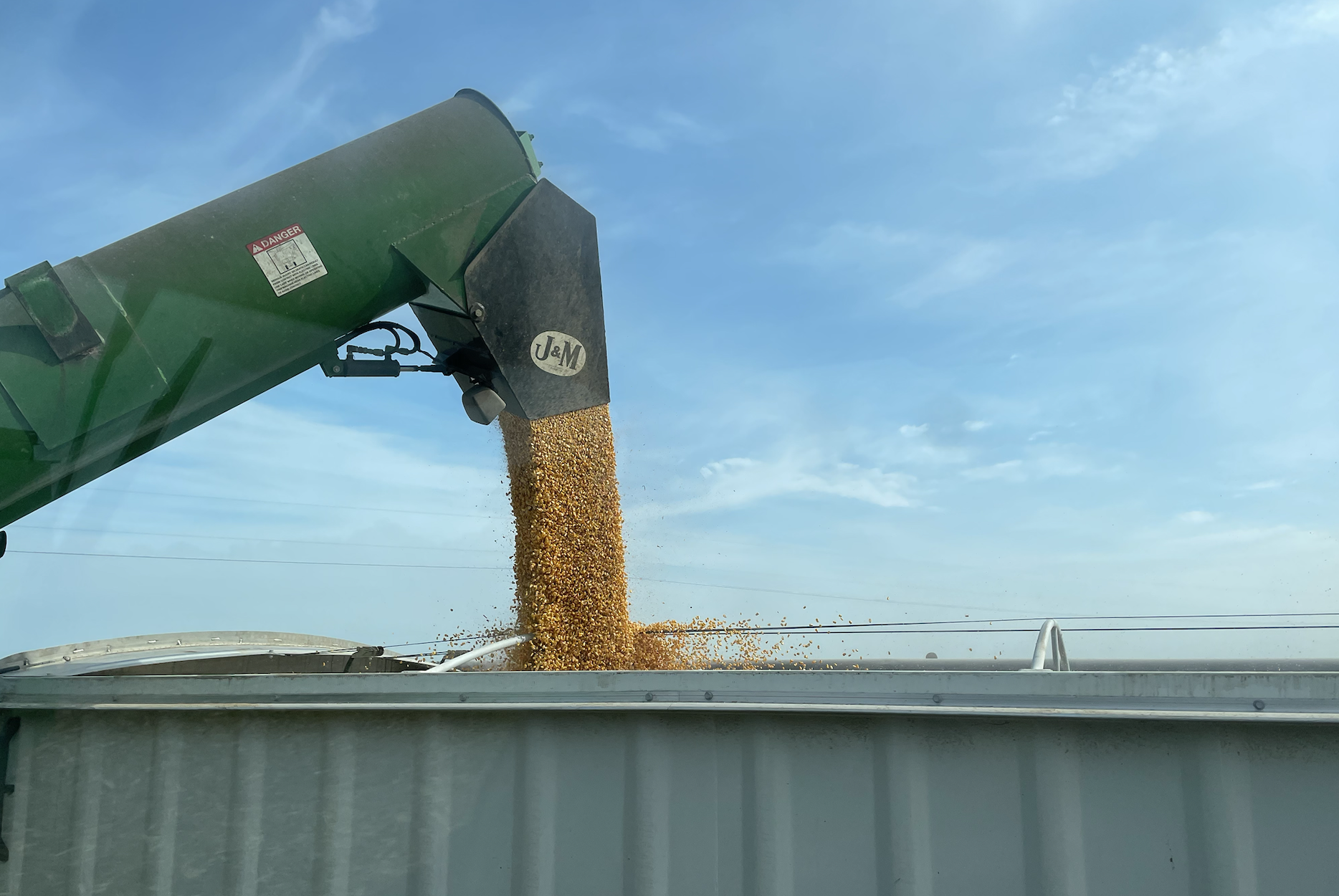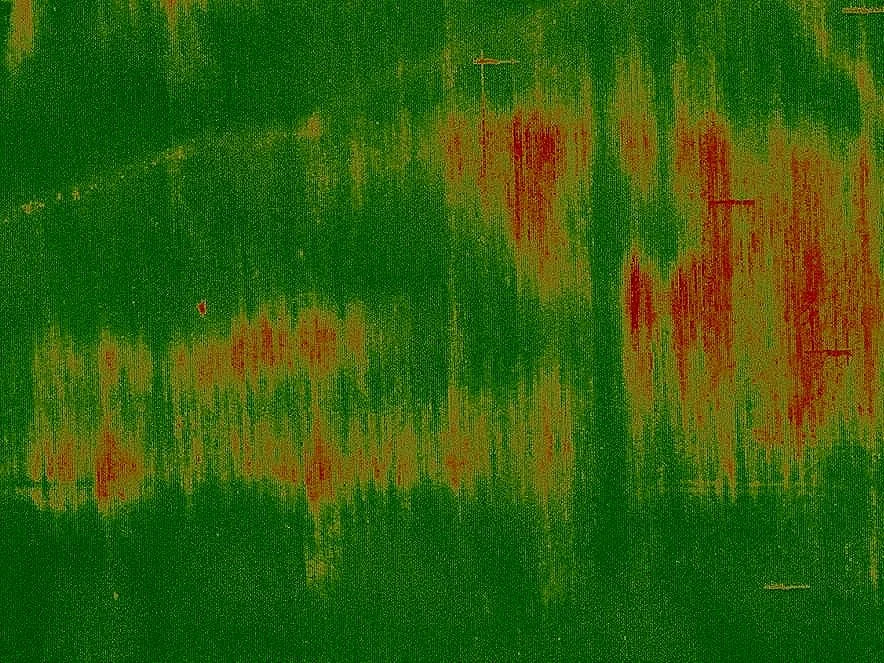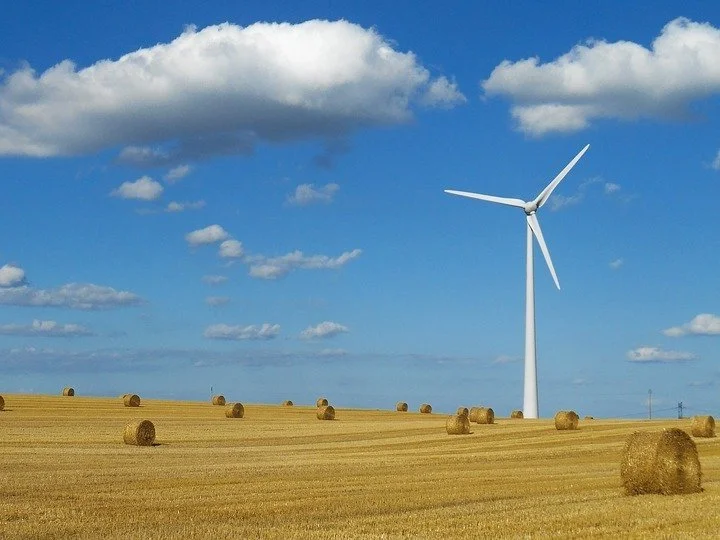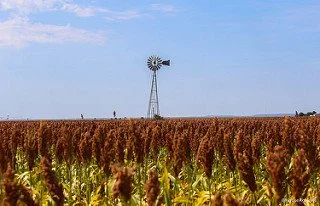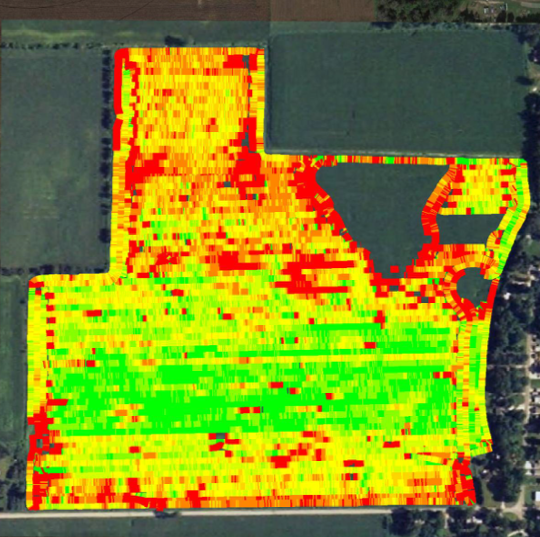Addressing Ag Data in Custom Farming Contracts
/As custom harvesters make their way across the United States and Canada this summer, I keep wondering what happens to all that yield data these machines are collecting. I am sure much of the data is forwarded to the landowners and farmers so that they can make decisions for next year. I hope so. But do custom harvesters address this in their agreements? Here are some suggestions for how they should.
Step 1: The custom farming contract needs to define the "ag data." For custom harvesters, farm data is the yield information tied to geospatial locations. It may also include machine data, such as fuel usage, if the farmer wants that information. For other custom farming arrangements, the "ag data" will be other data-sets, depending on the activity completed.
A good contract will also include a warranty from the custom operator that their machines have been properly calibrated and the farm data is accurate. Custom farming providers may be reluctant to provide such warranties, but doing so could be a competitive advantage.
Step 2: The contract should explain who owns the ag data. This should be simple in the custom farming arrangement, because in most instances, the farmer or landowner should own the data. However, custom harvesters may want to retain some data so that they can analyze their efficiency from field to field and year to year. This too should be spelled out.
Step 3: The contract should state how and when the ag data will be transferred to the owner. Will a third party cloud-based server be used? Will the custom operator hand over the data in a physical format? These questions can easily be answered.
Step 4: The contract should explain what obligations the custom harvester has to retain the ag data after transferring to the farmer. The custom harvester may want to retain the data for themselves--for future planning purposes--and that's OK, provided both parties know this and agree.
Some may see these provisions in a custom farming arrangement as overkill, but I think of them as forward looking. Someday these type of provisions will be common in farming contracts. Why not start now?

